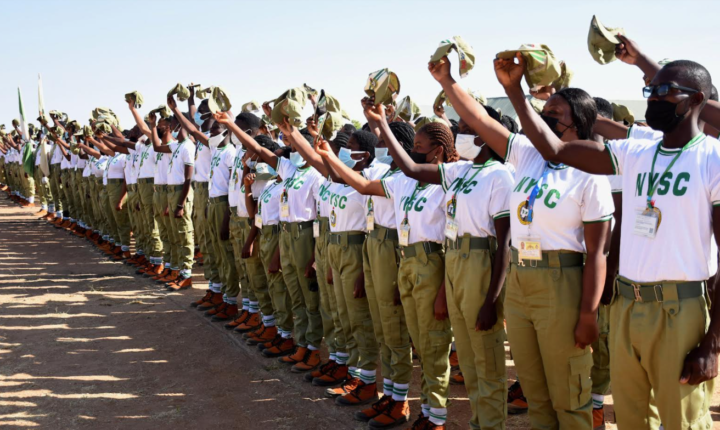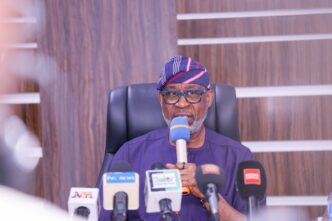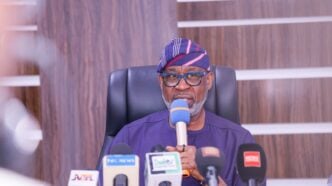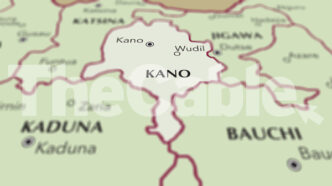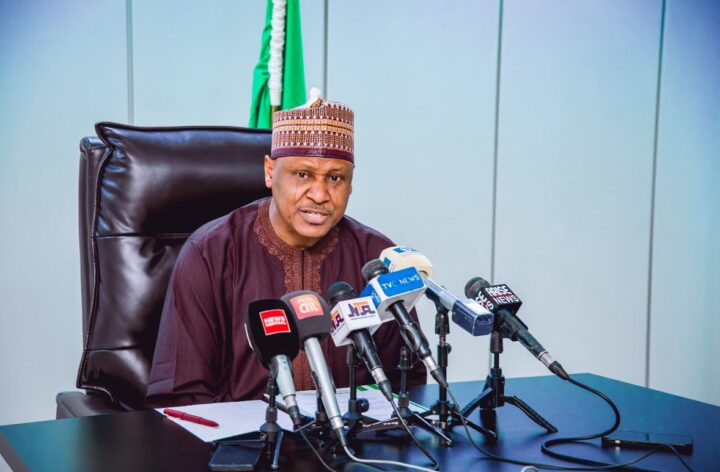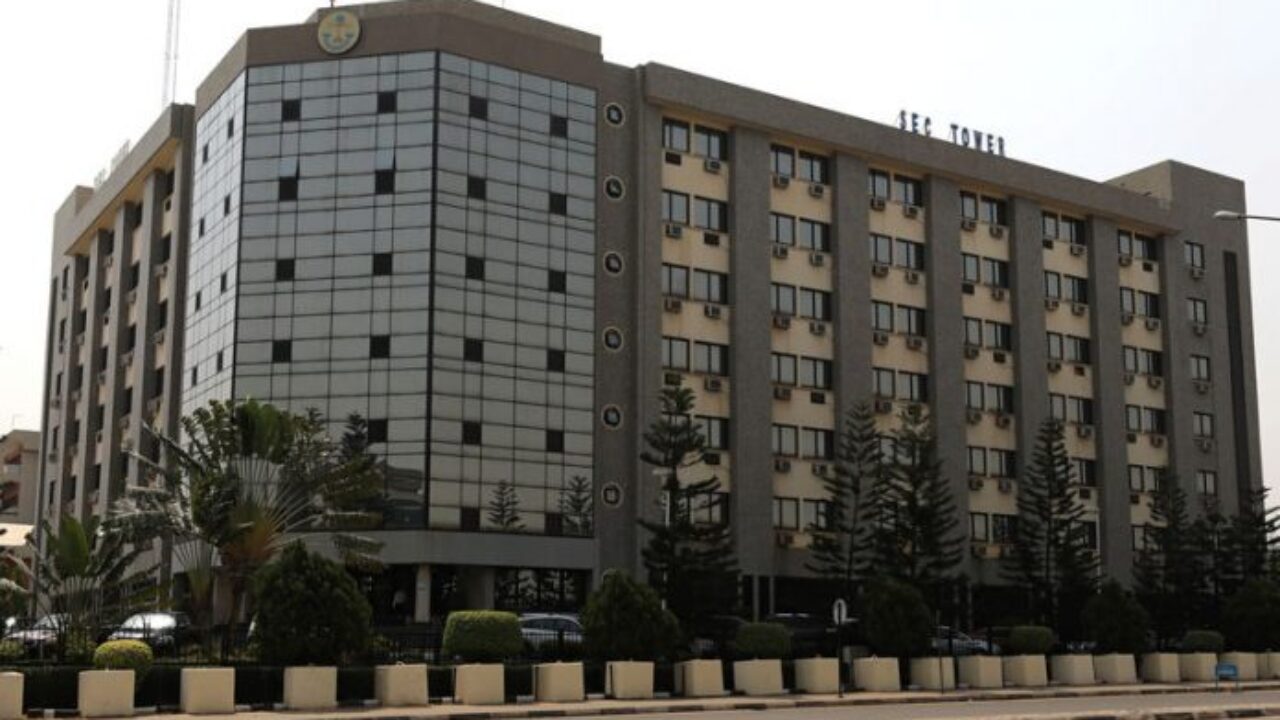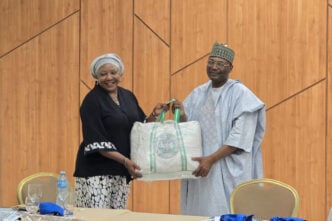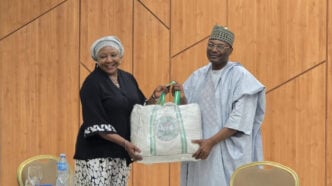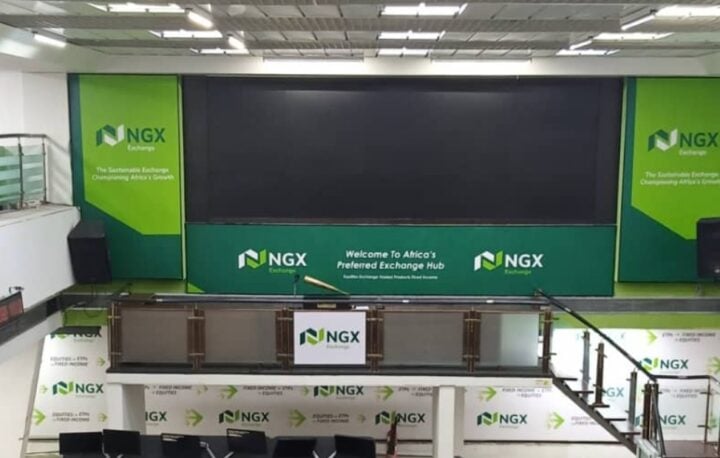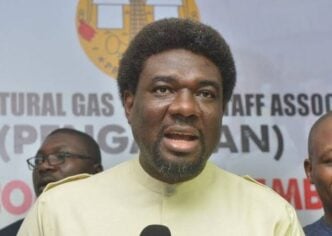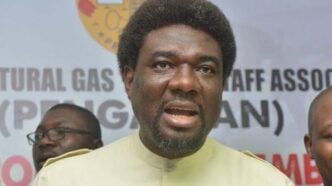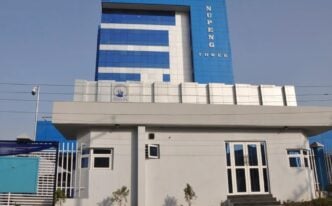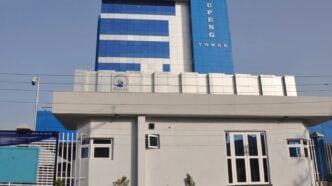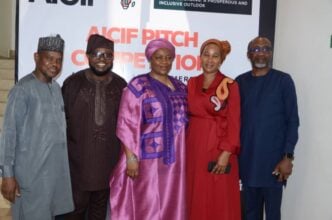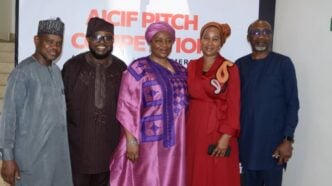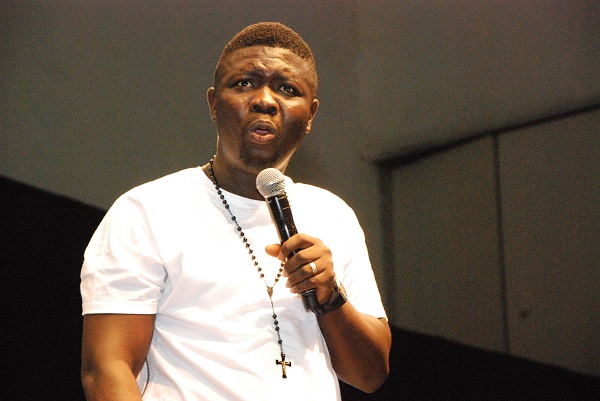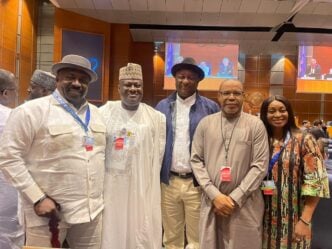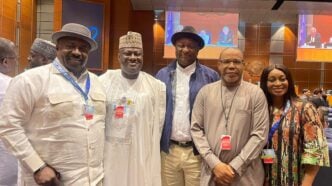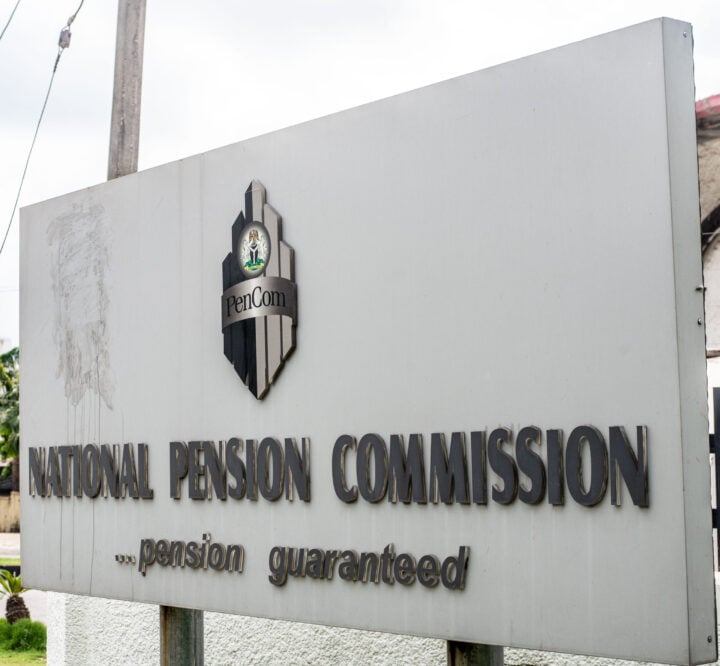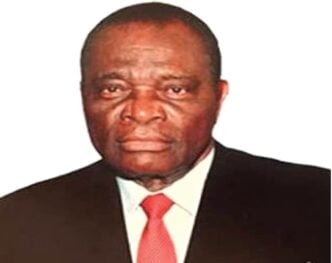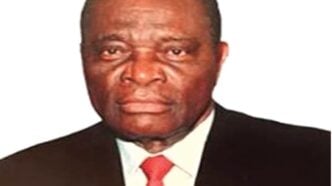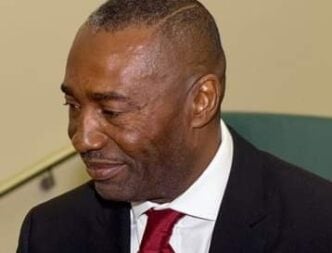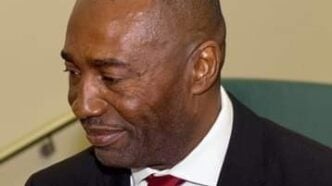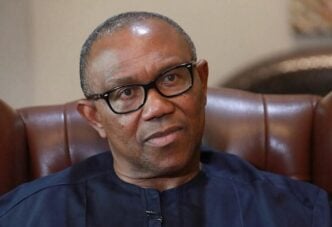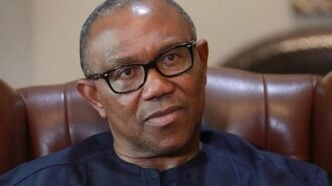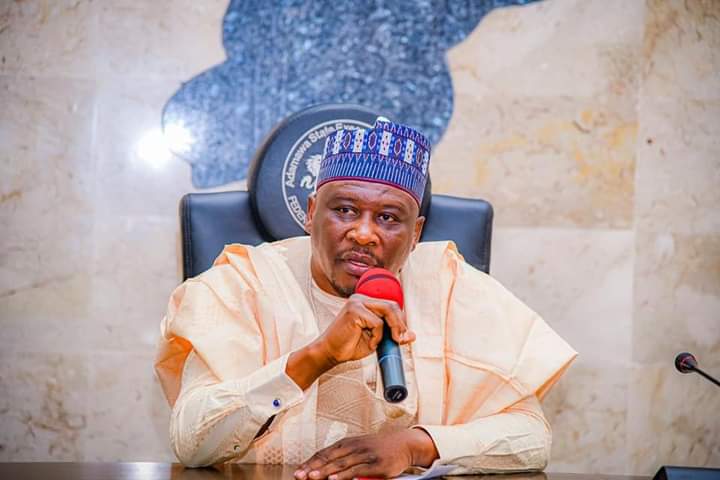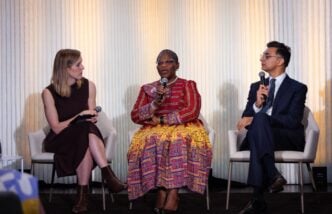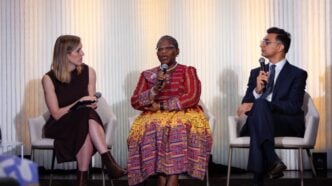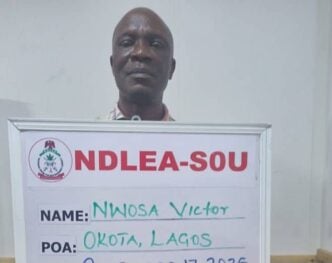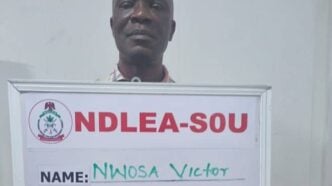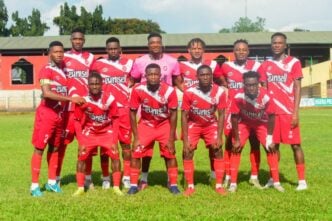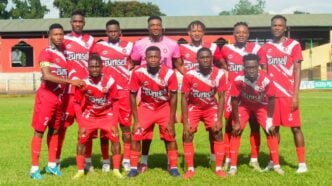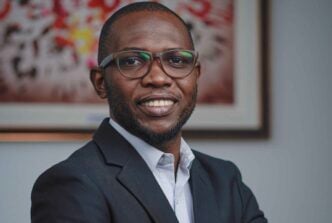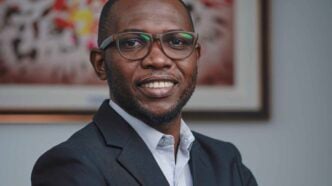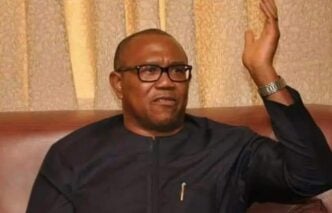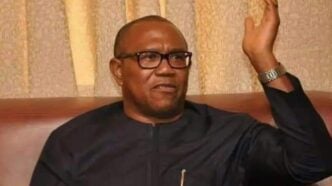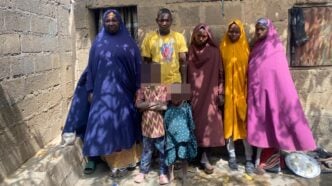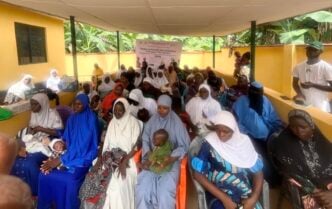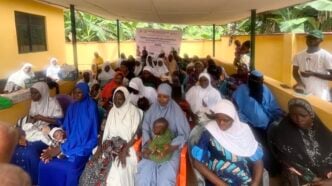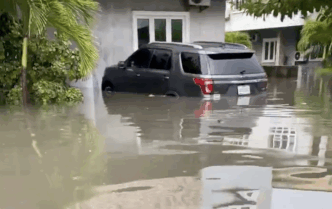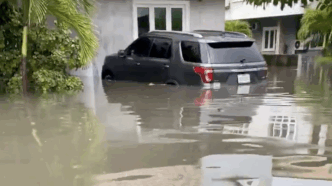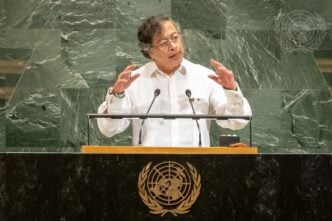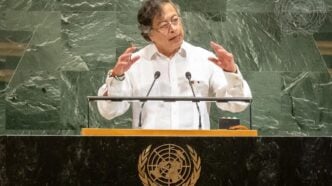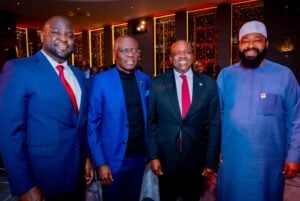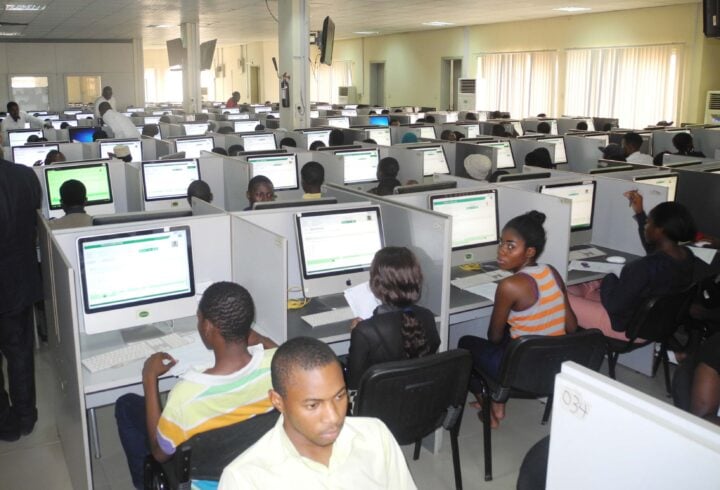- TOP STORIES
Advertisement
ADVERTISEMENT
Advertisement
Advertisement
Latest
ADVERTISEMENT
Advertisement
- BUSINESS
NCDMB to train 3,700 youths in digitalisation programme
September 28, 2025
Nigeria re-elected into international civil aviation council
September 27, 2025
PenCom raises capital base for PFAs to N20bn, PFCs to N25bn
September 27, 2025
Advertisement
- THE NATION
Advertisement
- INSIDE NIGERIA
Solid minerals ministry: 13, not 100, died in Zamfara mine collapse
September 28, 2025
- CRIME & JUSTICE
Advertisement
- Exclusives & Features
Advertisement
- fact check
- checkam for wazobia
- petrobarometer
‘Not recognised by our constitution’ — NUPENG disowns PTD Elders group
September 28, 2025
Advertisement
- Policy Radar
- development
National health fellow sensitises women on maternal health in Osun community
byTheCable
September 28, 2025
- climate
Houses, vehicles submerged as flood ravages Lagos communities
September 24, 2025
Advertisement
- VIEWPOINT
- YOUR SAY
- INTERNATIONAL
Advertisement
- PROMOTED
Advertisement
Advertisement
Advertisement
Advertisement
Advertisement
- MOST VISITED
- 1
- 2
- 3
- 4
- 5
- 6
- 7
- 8
- 9
- 10
Advertisement
Advertisement
Advertisement
Advertisement
- HOT CELEBS
Seyi Law recalls ‘sacrifices’ that shaped his 20-year comedy career
September 28, 2025
Selena Gomez marries songwriter Benny Blanco in California
September 28, 2025
Advertisement
- Life & Living
Marriage and money: ‘He bought a powerbike and I was 8 months pregnant’
September 28, 2025
Gingerrr, One Battle After Another among 10 movies to see this weekend
September 27, 2025
Amazon to pay $2.5bn for ‘tricking millions to sign up for Prime’
September 26, 2025
Advertisement
- STUDENT LIFE
FG makes NERD compliance mandatory for NYSC mobilisation, exemption
byTheCable
September 28, 2025
Calls for scrapping of post-UTME grow as varsities differ on credibility
byTheCable
September 26, 2025
Ondo constitutes task force to arrest truant students, sanction school heads
byTheCable
September 24, 2025
Enrollment rate for Nigeria’s TVET reform crosses one million mark
byTheCable
September 24, 2025
Advertisement

